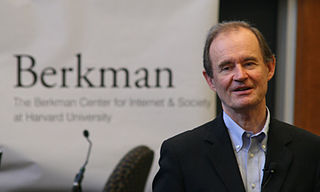Back when Edward Snowden first began revealing details of the depth of NSA spying on foreign governments and companies, as well as U.S. citizens, I said that this would end up costing U.S. tech companies dearly. Now we’re beginning to see just how much: $47 billion according to Forrester Research. As large as that figure is, it could have been worse. Back in 2013, the folks at Forrester were estimating that the stateside tech industry would take a $180 billion hit.
By design, the research company’s numbers don’t reflect the amount of money spent by U.S. taxpayers funding the NSA’s operations. Nor do they indicate how much of this $47 billion is being born by the likes of Microsoft and Oracle, as far as I can tell. What I do know is that many foreign governments have been publicly investing in Linux and open source projects since Snowden’s revelations that back doors for the NSA have been built into many proprietary U.S. enterprise software products.
Christine Hall has been a journalist since 1971. In 2001, she began writing a weekly consumer computer column and started covering Linux and FOSS in 2002 after making the switch to GNU/Linux. Follow her on Twitter: @BrideOfLinux


 So on May 15, some lucky Bodhi contributor — key word here is “Bodhi contributor” — will receive “a gently used Acer C720 Chromebook powered by Bodhi Linux.”
So on May 15, some lucky Bodhi contributor — key word here is “Bodhi contributor” — will receive “a gently used Acer C720 Chromebook powered by Bodhi Linux.”  Well, much of the focus for the week was on the Federal Communications Commission vote on increased net neutrality protections, and according to rational news sources reporting on the issue (e.g., just about everyone but Fox News and their wannabes), this is a good thing.
Well, much of the focus for the week was on the Federal Communications Commission vote on increased net neutrality protections, and according to rational news sources reporting on the issue (e.g., just about everyone but Fox News and their wannabes), this is a good thing.



